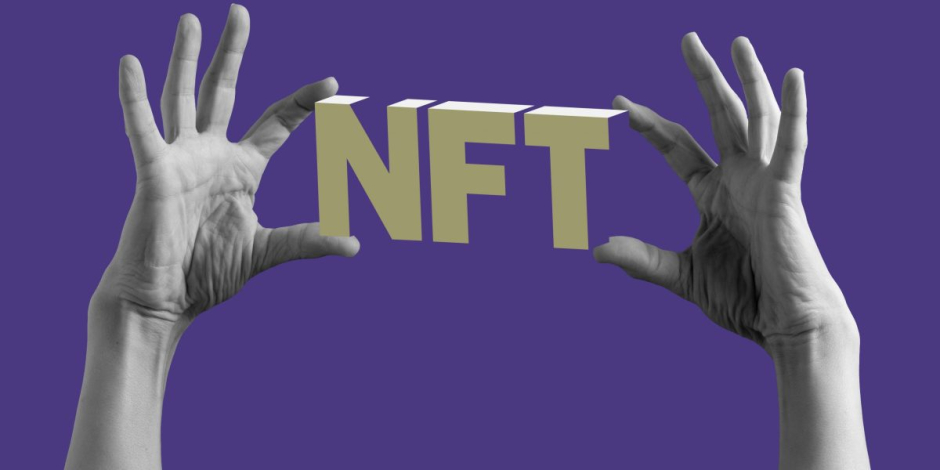For quite a while there has been this boom regarding a certain term called ‘NFT’ and you may have seen people giving out millions of dollars for these NFTs. But what are they exactly and how do they work? This article will be focused entirely on NFTs so even if you are a person who may have limited or zero knowledge regarding this then this article will surely get you up to par with what’s going on.
What are NFTs?
NFTs or Non-Fungible Tokens are these valuable digital items that are sold by people at digital auctions or on certain platforms for high amounts of money. The biggest example of an NFT is of Jack Dorsey’s (Co-Founder of Twitter) first tweet on Twitter being sold for more than 2 million dollars. This seems rather far-fetched as no one would in the right mind would buy a tweet.
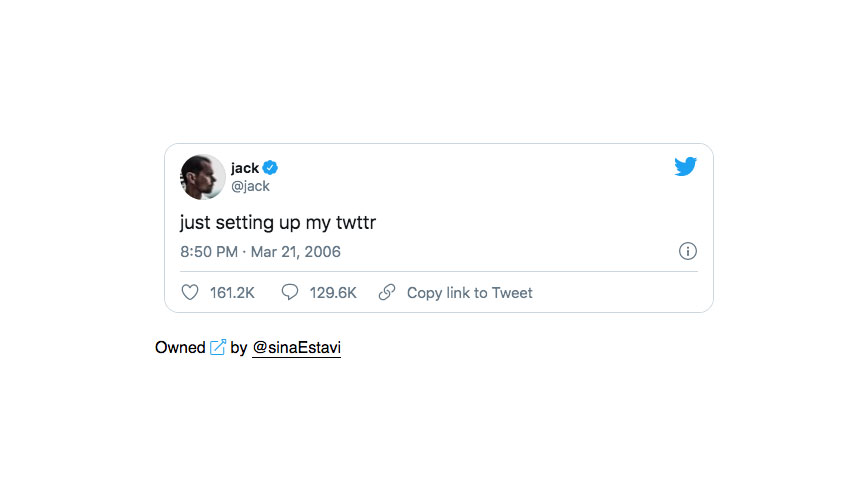
However, it just doesn’t end here as a few months ago a single jpeg file was sold for 69 million dollars. Moreover, the entire NBA started turning the best moments of their basketball games into NFTs that were worth thousands of dollars. In addition, a recent cat GIF was sold for over $600,000.
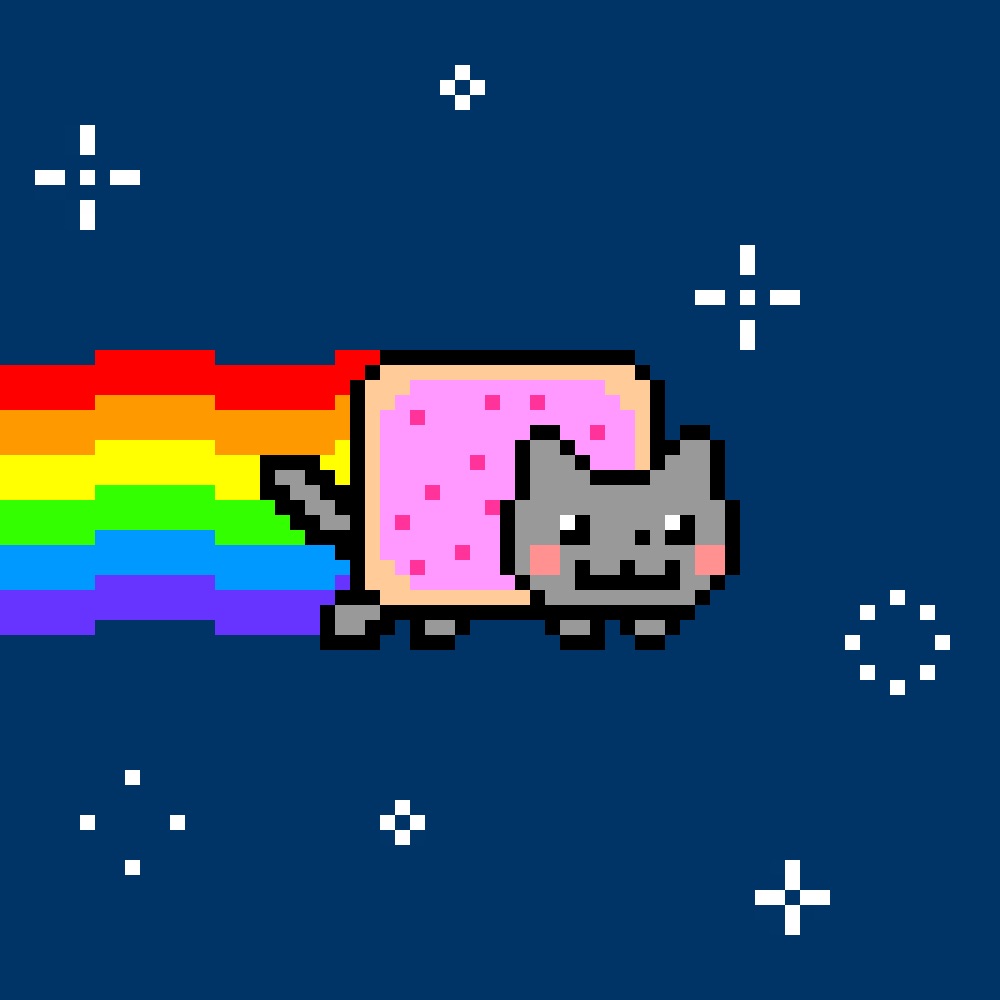
What is ‘non-fungible’?
Now in NFT, the term ‘non-fungible’ is to be focused on entirely. The term ‘non-fungible’ here means non-replaceable, meaning there is only one of its kind. Imagine you see a rare piece of art (such as the Mona Lisa) at an art gallery but it’s so popular and valuable that people are willing to bid millions of dollars at auctions to own it. The reason is either the item was owned or created by a famous or historically impactful person. In other words, it’s as if Kanye West sneezed on a tissue paper and suddenly that tissue paper is worth 10 million dollars. All in all, it’s one of a kind and you won’t find anything like that in the world hence making it valuable even if it wasn’t owned by a famous person its still rare.
However, everyday items such as bread, eggs, or a packet of beans are all fungible items hence why NFTs use NF in them.
What is a ‘token’?
Now comes the part called ‘token’ in NFT, which almost gives you the understanding of a sort of coin or card but it actually is related to blockchain.
To make blockchain much easier to understand, we first need to understand how digital transactions work. Let’s say you are purchasing three burgers from a local restaurant. The manager charges you 6 dollars and you pay for it via your debit card. We all know how payment via debit cards works but on the back end once we purchase something with our card a message is sent to your bank that you want to spend 6 dollars on three burgers and that money has to be transferred from your account to the manager’s account. In a nutshell, the bank is responsible for overseeing your money. Once the transaction is completed from your end, the manager’s bank will notify the restaurant that 6 dollars were added to their account.
All in all, money has become digital as well and the banks play a role in moderating what happens to our money by keeping records, hence being the so-called ‘middle men’.
With the rise of the internet, where people tried to devise a method where the average person did not need to depend on the banks for every single payment and transaction. This resulted in the introduction of blockchain which allows you to pay for anything through digital transactions. The only catch here is that all transactions are publicly recorded on the internet whereas the banks privately record your transactions. However, in order to pay for anything through blockchain ‘crypto coins’ are required.
So if you used to purchase anything through money, the same would apply in blockchain except the currency would be cryptocurrency and everything you pay for will be publicly recorded where numerous people keep track of every transaction.
Blockchain and NFTs
Since everything is online and public, so if let’s say someone with 2 million crypto coins wants to buy Jack Dorsey’s first tweet, it will be publicly checked if the person has 2 million crypto coins or not. If not, then no transaction will take place but if the person has that amount of coins then the transaction will be approved publicly, and based on the public records it will be shown that this person now owns Jack Dorsey’s first tweet and there is no other like that in the form of a token or digital certificate. Hence, why such items are called NFTs.
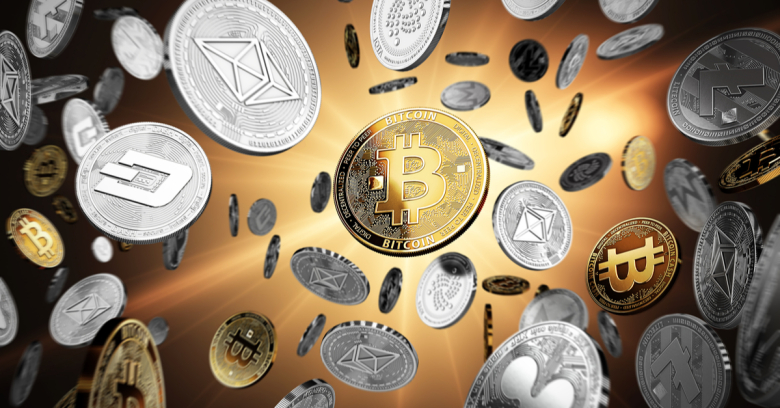
How does this all affect the world?
By now, we are pretty much aware by now that NFTs are these rare digital items and pieces of art that are bought by rich people or those who have the backbone to invest in cryptocurrency. But how does a cat GIF or a tweet from a CEO being sold for millions of dollars affect the world?
Well, it comes down to our current financial ecosystem, everything we deal with financially is tracked and overseen by banks in the form of paper works. For example, if you were to buy a new car you would have to go through all nasty paperwork and the respective terms and agreements before even owning it. With blockchain and cryptocurrency, you pay for the item and you own it on public record. This also eliminates human resources as blockchain simply relies on high-end computing which is done at large computing centers where thousands of computers are connected and are crunching data as we speak.
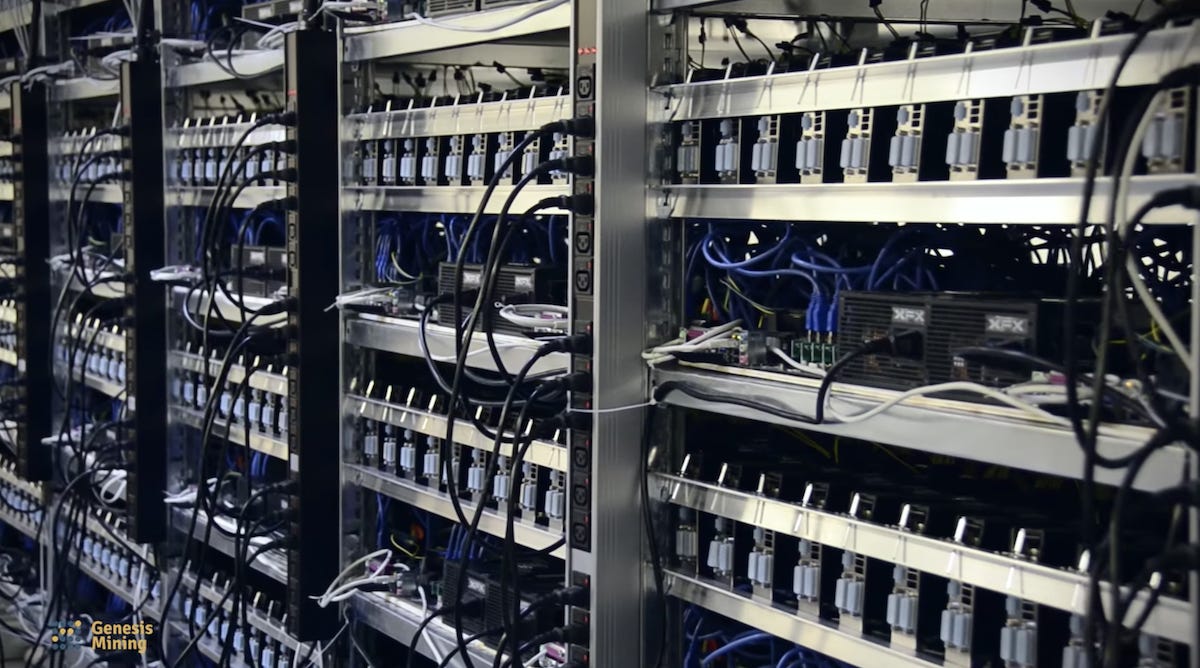
All in all, this eliminates the need for banks hence putting many people out of business as blockchain continues to evolve.
However, despite all the benefits that blockchain offers there is one major drawback that is the huge amount of power consumption that hampers the world. As of now, the majority of the NFTs are stored on a blockchain called ‘Ethereum’ which uses over 33 terawatt-hours of electricity. That amount of electric power is equivalent to the power used by an entire country. It is to be noted that the majority of the electric power generated across the globe comes from power plants. These power plants utilize the burning of fossil fuels which generate carbon into the atmosphere.
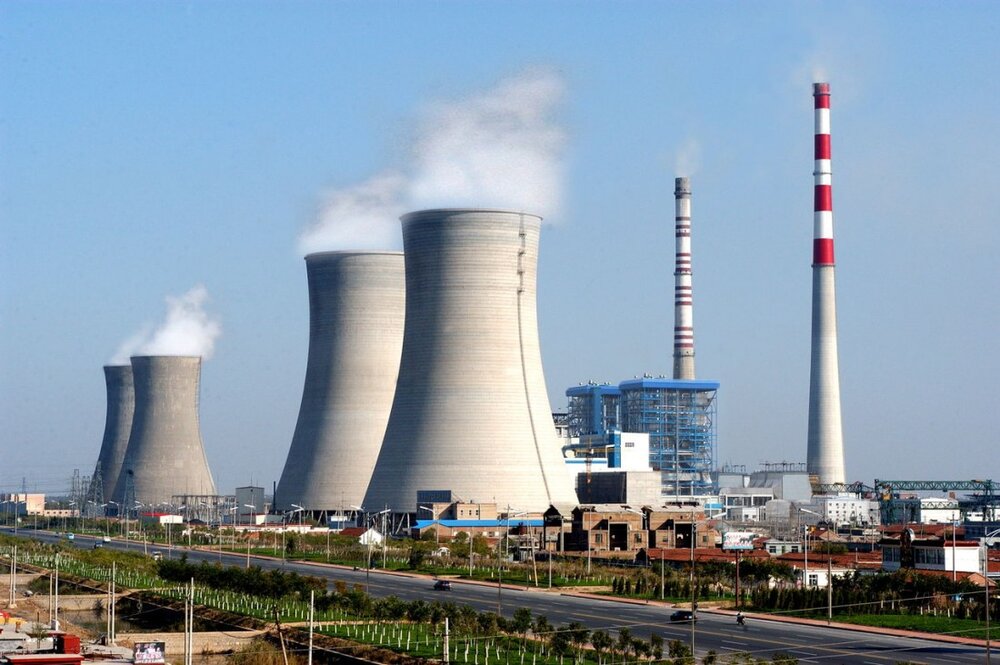
The more the demand for electric power will inevitably lead to power plants and will further hamper the environment. This is overall a manmade disaster on a global scale as Ethereum’s power consumption has quadrupled in the last few months.
Should you invest in NFTs?
As of now, the crypto market is rather volatile so it seems rather risky to head into direct investing and purchasing NFTs just for the sake of being up to date with what’s trending. However, we recommend you only invest in NFTs and the crypto market if:
- You understand how traditionally the art market works.
- You have a knack for collecting rare and valuable items.
- You are focused on long-term investment.
If you check all these points, then NFTs are your thing. However, even if you don’t meet these requirements you can be patient and invest at the opportune moment.
Conclusion
Despite NFTs being a fun thing to invest in, the technology will certainly put thousands of people working in the finance sector out of a job and unless cleaner sources of power generation are implemented then blockchain will continue to be the two sides of a coin where there is a benefit but a disaster as well.
Let us know in the comments how did this article helped you.
